Decisive Leadership in an Increasingly Complex Media Landscape
Navigating the Future of Media

In an era of rapid technological advancement and shifting audience behaviors, the media industry finds itself at a crossroads. The recent Global Media Congress white paper, “Decisive Leadership in an Increasingly Complex Media Landscape,” offers a comprehensive look at the challenges and opportunities facing media professionals today. Let’s dive into the key insights that are shaping the future of media.
AI in the Media: Revolution or Evolution?
Artificial Intelligence has burst onto the media scene, promising to revolutionize newsrooms. But is it a game-changer or just another tool in the journalist’s kit? The truth lies somewhere in between. While AI offers unprecedented efficiency in data analysis and content generation, it also raises concerns about job security and the authenticity of news. The key lies in finding the right balance – leveraging AI’s strengths while preserving the irreplaceable human touch that gives journalism its soul.
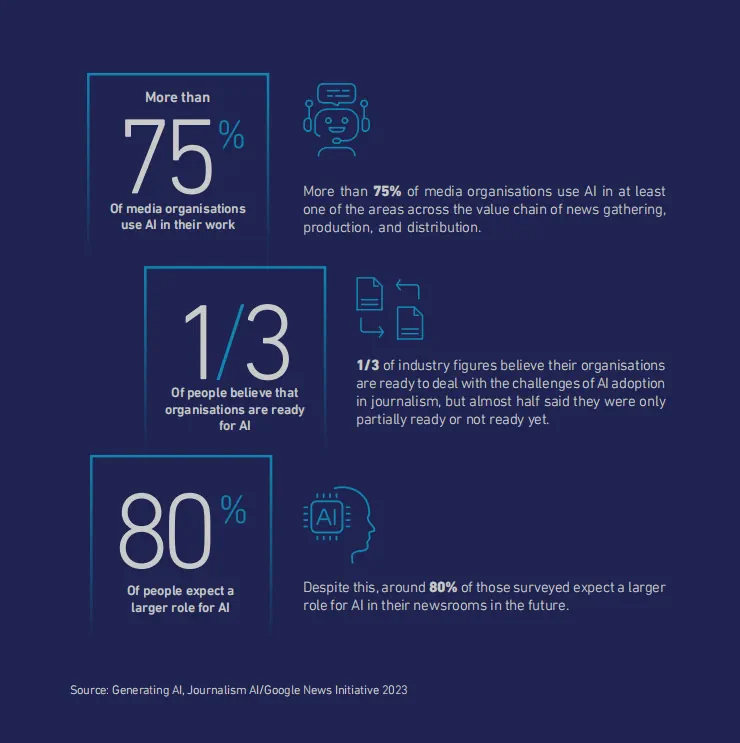
The Revival of Print Journalism: Down but Not Out
Despite doom-and-gloom predictions, print journalism isn’t ready for its obituary just yet. In fact, in some regions, it’s experiencing a renaissance. The tactile experience of flipping through a newspaper or magazine offers a respite from the digital deluge. Smart publishers are reimagining print as a premium product, focusing on in-depth analysis and local stories that resonate with readers seeking a deeper connection to their communities.
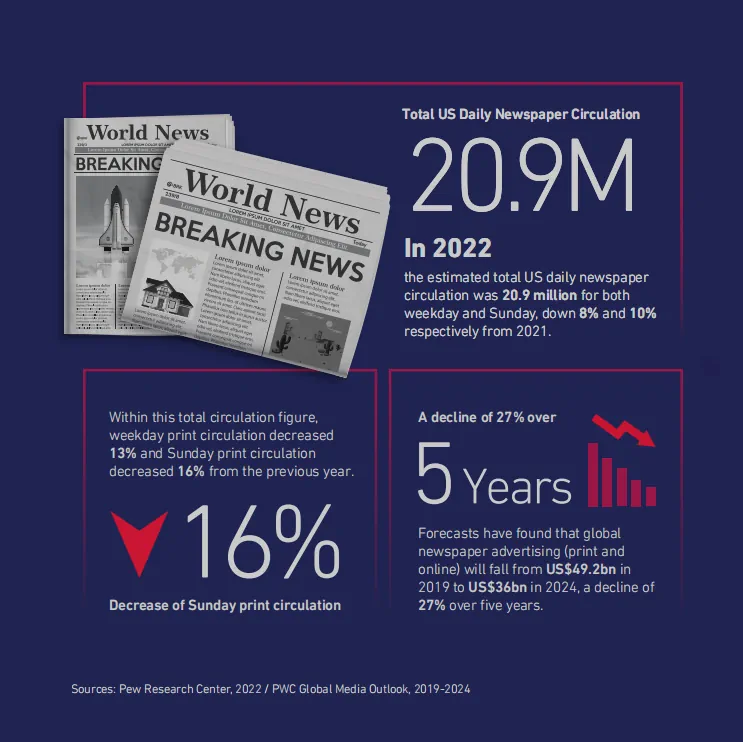
A New Way of Understanding Modern Audiences
Gone are the days of passive news consumption. Today’s audiences, especially younger generations, crave engagement and agency in their media experiences. They want news that’s not only informative but also empowering. Media leaders must adapt to these changing preferences, offering content that’s mobile-friendly, on-demand, and gives readers a sense of how they can make a difference in the world.
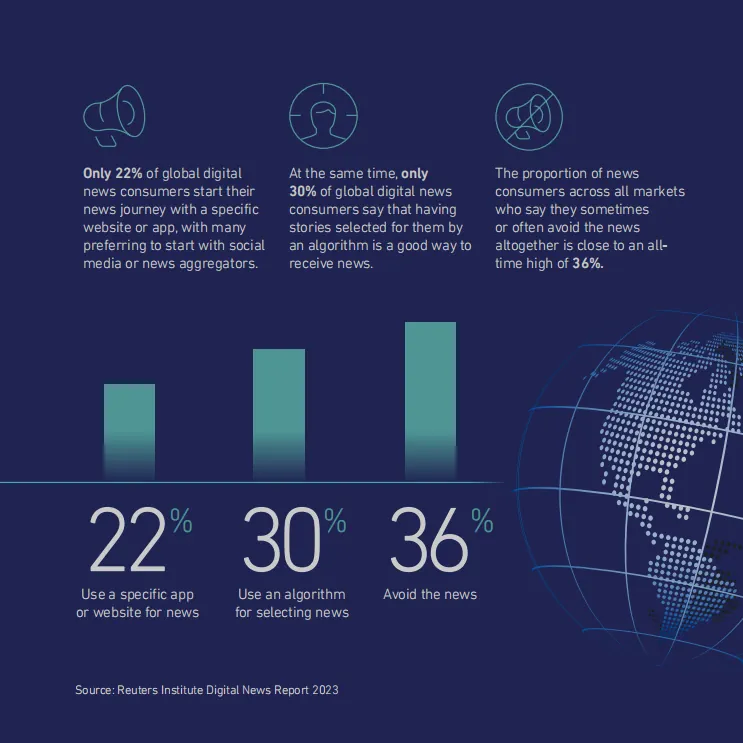
Leveraging the Power of Women’s Sports on and off the Field
The rise of women’s sports presents a golden opportunity for media outlets. With record-breaking viewership and growing investment, women’s sports coverage is no longer a niche market. However, it’s not just about increasing quantity – it’s about quality and perspective. Female sports journalists are bringing fresh voices and unique insights, challenging traditional narratives and expanding the boundaries of sports reporting.
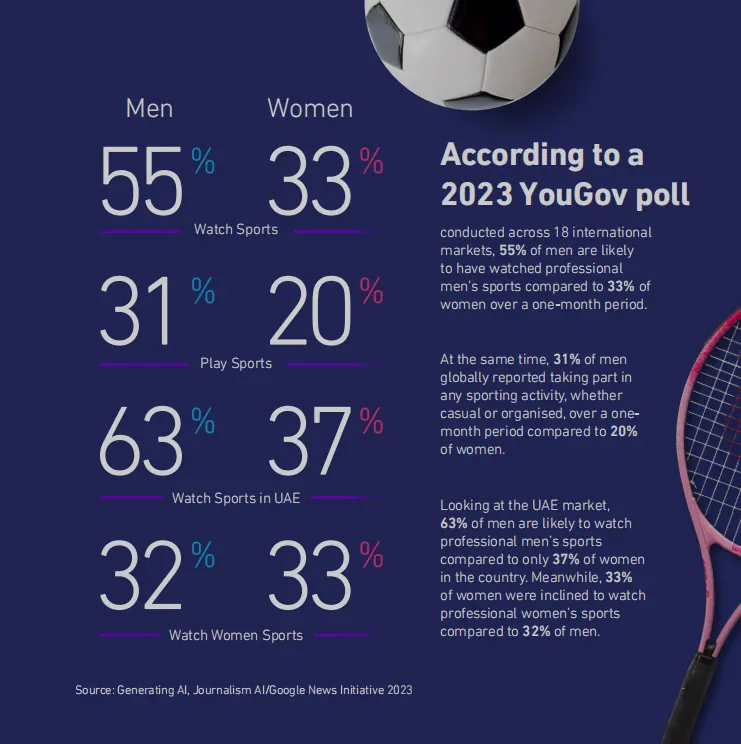
The Role of Technology in Driving Sports Audience Engagement
From social media live streams to augmented reality experiences, technology is revolutionizing how we consume sports content. The challenge for media organizations is to keep pace with these innovations while maintaining the storytelling essence that makes sports so compelling. Virtual reality stadium tours, real-time player stats overlays, and interactive fan experiences are just the beginning of this exciting frontier.
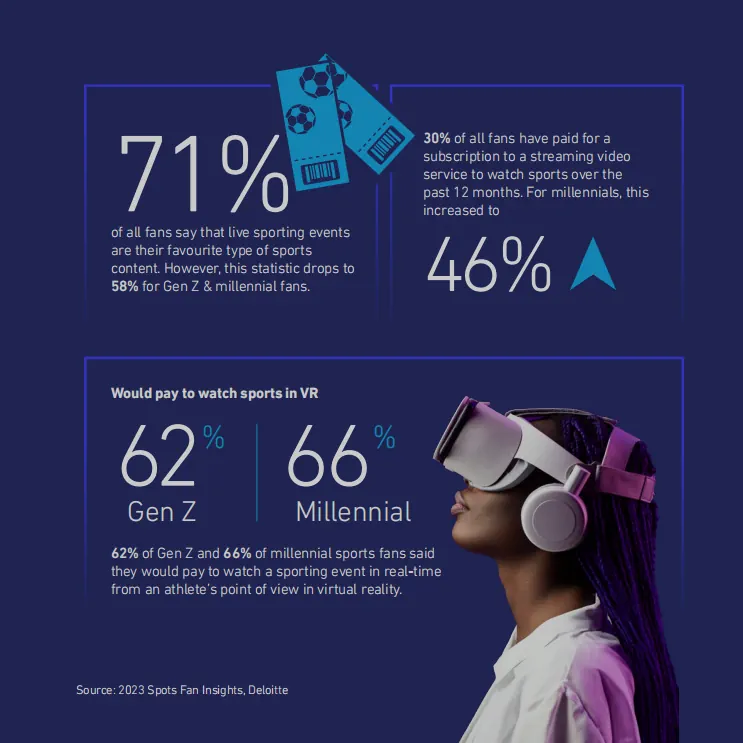
AI and Media Literacy: The New Frontiers of Disinformation
As AI becomes more sophisticated, so too does the threat of disinformation. We’re entering an era where AI is quite literally fighting AI – one generating fake news, the other trying to detect it. This arms race puts media literacy at the forefront of both journalistic practice and public education. The industry must invest in robust fact-checking tools and training, while also educating the public on how to critically evaluate the information they consume.
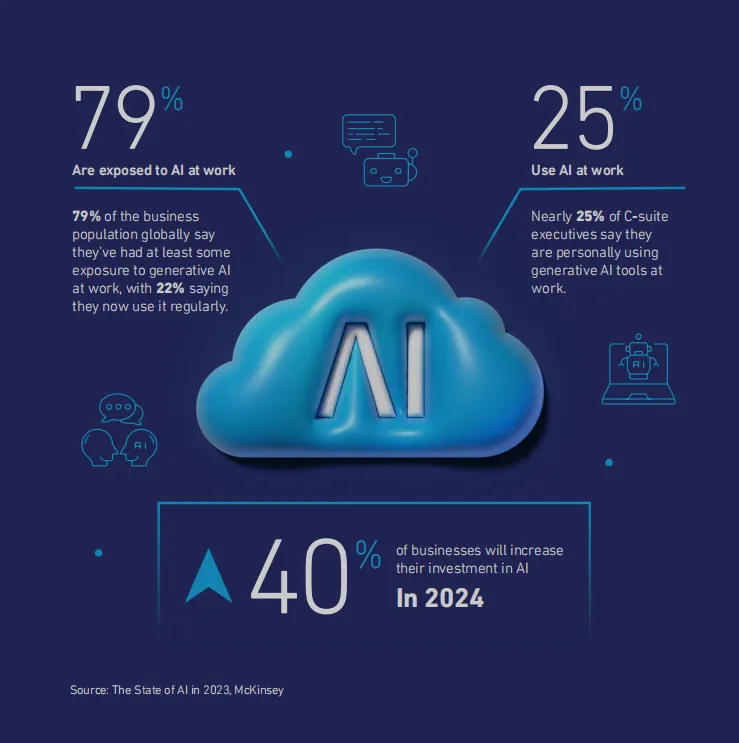
Environmental Journalism: Bridging the Divide Between Readers and Issues
Climate change is the story of our lifetime, yet many audiences struggle to engage with environmental reporting. The challenge for journalists is to make these stories not just informative, but relatable and actionable. This means moving beyond doom and gloom to highlight solutions and innovations. It’s about connecting global issues to local impacts and giving readers a sense of how they can be part of the solution.
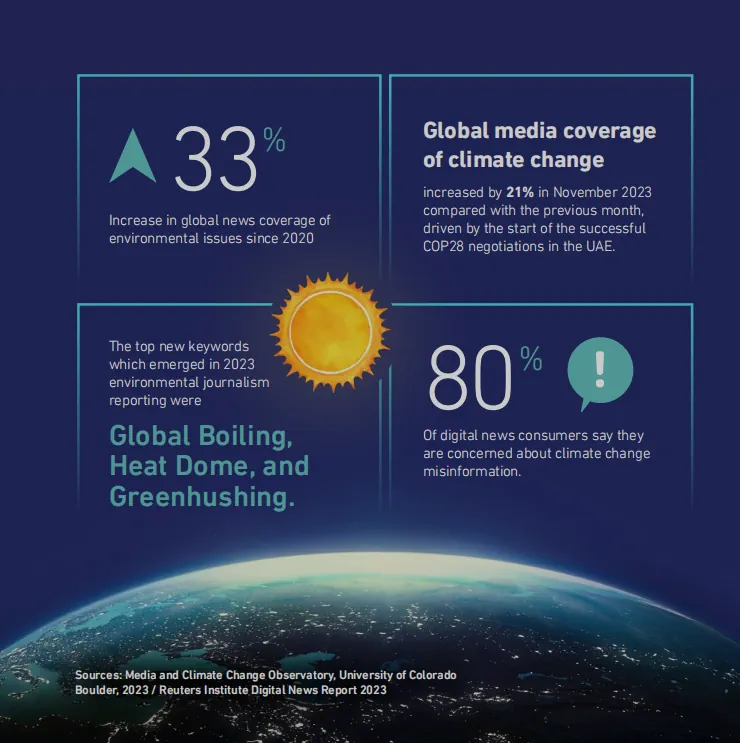
Data Journalism: A Powerful Tool – In the Right Hands
In a world awash with data, journalists who can find the stories hidden in the numbers have a distinct advantage. However, data journalism is more than just crunching numbers – it’s about context, interpretation, and storytelling. As newsrooms invest in data skills, they must also emphasize the ethical use of data and the importance of translating complex information into compelling narratives that resonate with audiences.
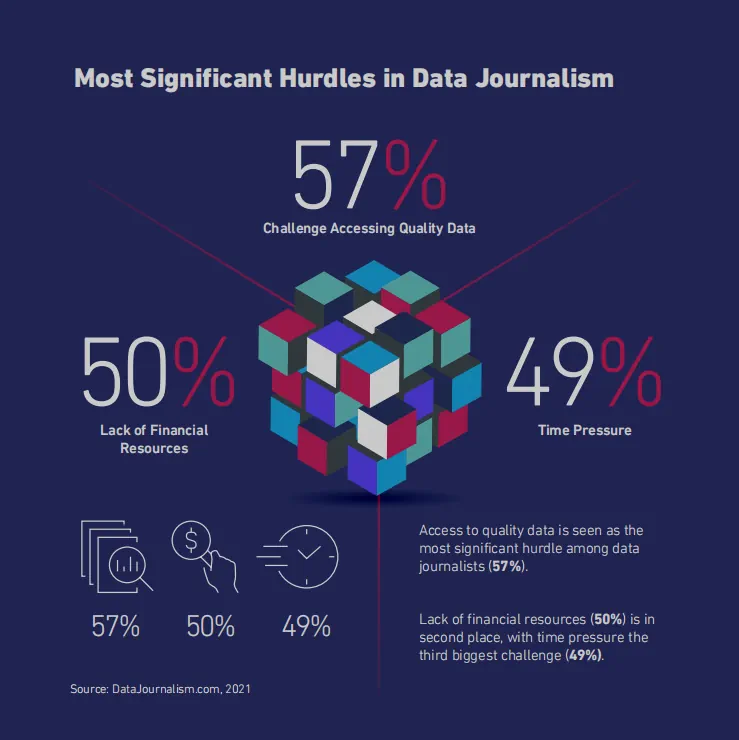
The media landscape of today demands decisive leadership. It calls for leaders who can navigate the complexities of new technologies while staying true to the core principles of journalism. It requires a willingness to experiment with new formats and platforms while maintaining a commitment to accuracy and truth. Most importantly, it necessitates a deep understanding of changing audience needs and the ability to adapt quickly to meet them.
As we look to the future, one thing is clear: the media organizations that will thrive are those led by individuals who can make bold decisions in the face of uncertainty, foster innovation while upholding journalistic integrity, and never lose sight of the fundamental role media plays in informing, engaging, and empowering society.
The challenges are many, but so are the opportunities. With decisive leadership, the media industry can not only navigate this complex landscape but emerge stronger, more relevant, and more vital than ever before.

Experts Insights
This comprehensive overview of the media landscape wouldn’t be complete without acknowledging the valuable contributions from industry experts who shared their insights at the Global Media Congress:
- Geoffrey Miller, an International Geopolitical Analyst, provided a thought-provoking piece on disinformation in media and international relations, highlighting the evolving challenges in the digital age.
- Zsuzsa Csisztu, a Journalist, TV Presenter, and Former Olympian, offered unique perspectives on the transformations occurring in sports media, drawing from her diverse background.
- Dr. Marko Selakovic, Assistant Professor at SP Jain School of Global Management, contributed valuable insights on the importance of context in data journalism, emphasizing the fine line between truth and falsity in data interpretation.
- Gideon Sarpong, Journalist and Founder of iWatchAfrica, shared his expertise on the evolving landscape of environmental journalism, highlighting the growing importance and challenges in this crucial field.
These expert contributions add depth and nuance to our understanding of the complex media landscape, offering valuable guidance for industry leaders navigating these challenging times.
As we continue to grapple with the rapid changes in media, the insights from these thought leaders, combined with the collective wisdom gathered at the Global Media Congress, provide a roadmap for decisive leadership in an increasingly complex media world.